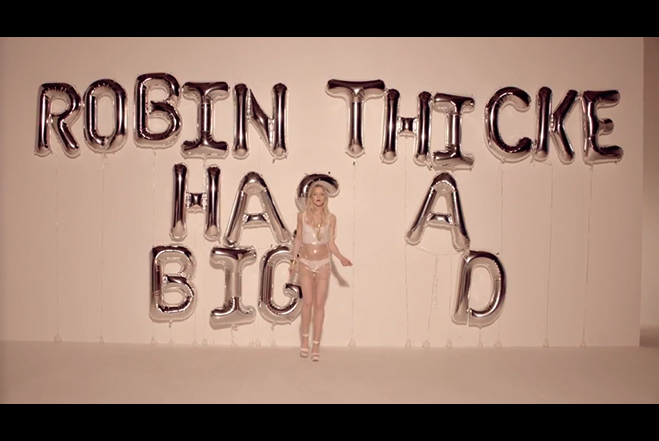At the beginning of every year, a common theme advertised in classes is academic honesty, or warnings about infringement. Last year, I myself worked on a very small computer science assignment (worth about 1%) with two other people last year, when we were only allowed to work with one, unaware of the strict regulation. I was accused of academic dishonesty when they discovered that our code looked similar, and we all got “0” for the assignment, as well as having our names taken down.
This experience was traumatic for me and my friends. The event itself is an extreme example; for the majority of students, who have not… well, been caught, the consequences are nonetheless heavily solicited to spread fear.
Interestingly enough, one of the most common dilemmas a business student faces is the dichotomy between school and work expectations. At work, process is much less important than outcome; most corporations do not care about consequences if they have no liability, and regularly get away with small oversteps. Of course, most ethicists would agree that one does not have to stop and consider every individual situation before proceeding with a decision – that is just impractical. “But little things can add up to become big ones,” so then what is ethics good for?
I think the key is that making small decisions, like what colour posters to print, is different from making big decisions about small things, like the subtle messages you are sending in advertisements. What I mean is that adopting a general, ethical policy or drawing fine guidelines is essential to making good choices. If marketing is, in any way, about taking advantage of consumer values through aesthetic manipulation, trust must be preserved in the process. And if you don’t want to risk career-ending consequences (my aforementioned experience in computer science is a good example, or FROSH), or just to feel too guilty from work, it may be useful to operate with defined rather than “Blurred Lines” so to speak.

